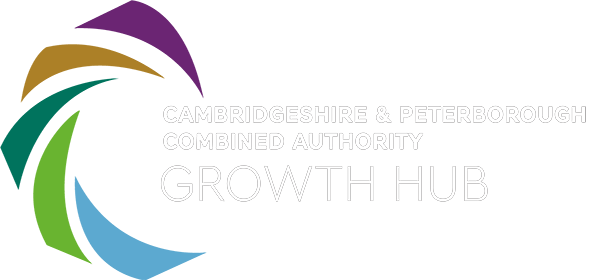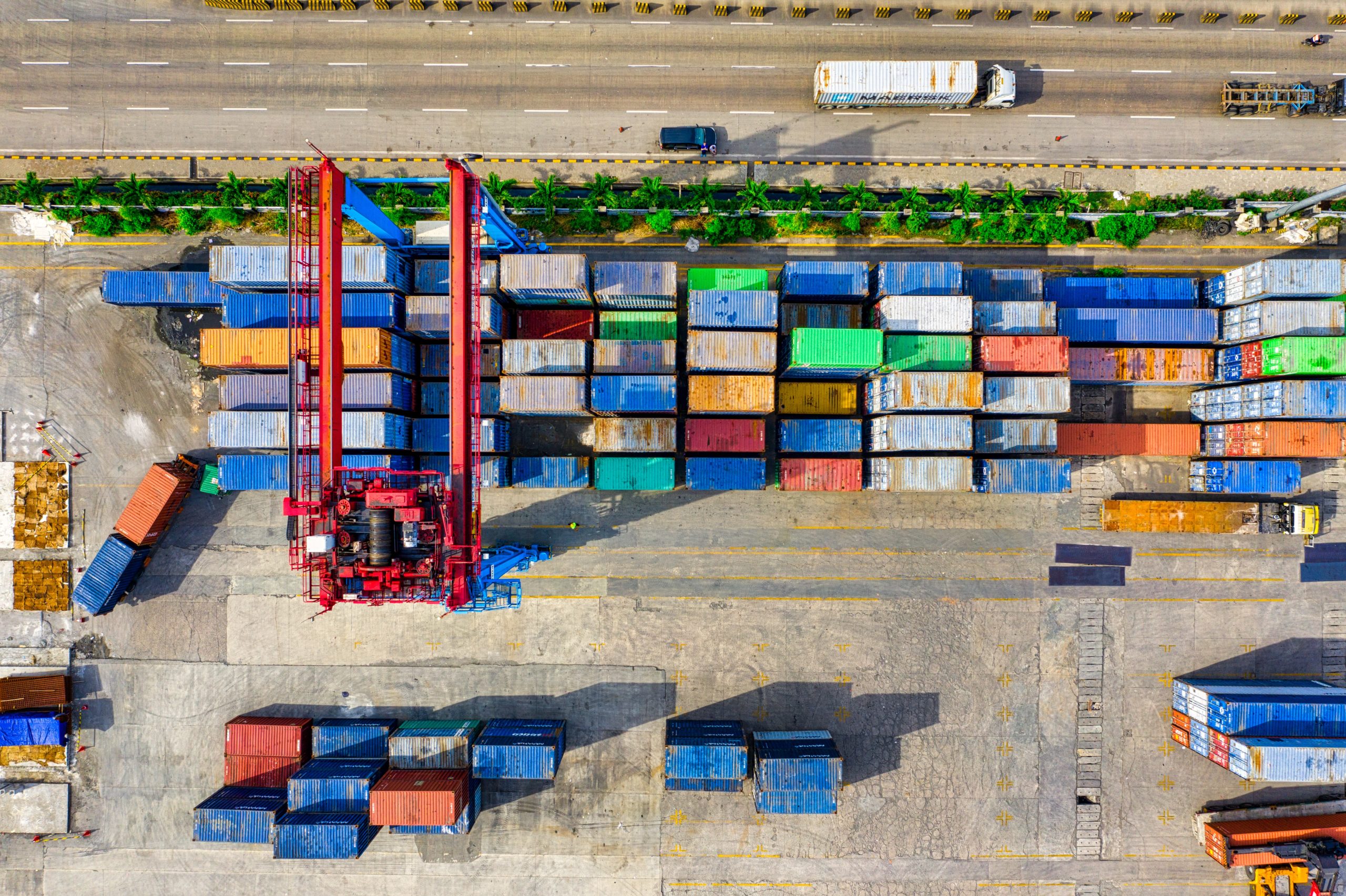Businesses trading with the EU have less than a month to get ready for new import and exports customs controls which come into force from 1 January 2022.
HM Revenue and Customs (HMRC) are on hand to help traders and businesses adapt to these changes and have been working with traders to help them get ready. This includes sending letters and emails, and delivering webinars for traders explaining the new customs rules that start in the New Year, the action that they need to take, and the support on offer from HMRC.
Current customs arrangements for goods moving from Ireland and Northern Ireland to Great Britain will be extended for as long as discussions between the UK and EU on the operation of the Northern Ireland Protocol are ongoing.
This means that full customs controls will be introduced as planned on 1 January 2022 for goods moving between the rest of the EU and Great Britain, and for goods exported from Great Britain to Ireland.
The changes to customs and tax rules will affect everyone who trades with Europe, no matter the type or value of the goods they buy or sell, how frequently they trade or how their goods are transported.
The changes coming into force on 1 January 2022 include:
- requirement for full customs import declarations for all goods at the time businesses or their courier/freight forwarder bring them into Great Britain, except if they are non-controlled goods imported from Ireland to Great Britain
- customs controls at all ports and other border locations
- requirement for a suppliers’ declaration proving the origin of goods (either UK or EU) if they are using the zero tariffs agreed in the UK’s trade deal with the EU
- commodity codes, which are used to classify goods for customs declarations, are changing








